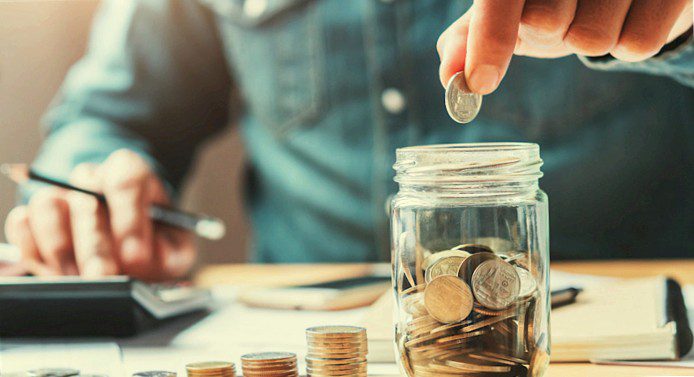
Schroders' latest Global Investor Study shows that investors are very optimistic about future equity market returns despite the ongoing pandemic-related turmoil. Is this feeling deceptive?
Savers are more optimistic than at any time in the past five years, according to the Schroders Global Investor Study 2021, and expect their future investment returns to average more than 11% per year. They are more inclined to invest further and review their investments more frequently – but most importantly, they expect higher future returns.
This recent forecast – showing what savers expect to see in each year through 2026 – is the most optimistic estimate since the annual survey began in 2016.
Optimistic investors and cautious experts
It is all the more surprising that this optimism prevails at a time of extreme uncertainty. Still, economies around the world have not fully recovered from the devastating shock of the pandemic. Previous studies in this series have shown that annual expected returns have increased by about a tenth in four years: from 10% in 2017 to 11.3% this year (see chart below). And this despite the fact that the actual investment values have shown a much bumpier development.
Last year, that volatility was even more evident in the short term: under the shock of the spreading Covid 19 pandemic, global stock prices fell 34%, but within nine months had regained and then surpassed their previous levels.
The forecasts of Schroders' in-house economists, who regularly revise their annual return forecasts, are much lower than those of investors. In January 2021, Schroders economists estimated annual long-term equity market returns for major markets such as the U.S., the eurozone, the U.K. and Japan to be 5.3%, 5.6%, 6.8% and. 3%2. That's less than half of what investors hoped to see in their responses to the Global Investor Study. And the economists' projections are only for stocks, which tend to yield significantly more than other components of a saver's portfolio, such as bonds and cash.
While the return expectations of the investors surveyed have risen year after year, the return forecasts of Schroders' economists for most industrialized countries have fallen in the last twelve months. The reasons for these differing expectations are many and varied.
Stuart Podmore, behavioral investment insights specialist at Schroders, believes the emotional reaction of investors to recent events and market movements is one explanation. He says the pandemic-related upheavals have caused concern, leading to a less long-term mindset among investors. "The pandemic, the lockdowns and all the associated disruptions may also have affected investors' ability to process risk," he says – with the possible result that "expectations of future returns become less realistic".
High total returns have boosted confidence
An intriguing aspect of this year's study is that those investors who classify themselves as "expert" or investors with "advanced" financial knowledge also have the highest return expectations. Those investors who see themselves as "experts" expect on average 43% higher returns per year than those who classify themselves as "beginners" or investors with "rudimentary" knowledge.
Interestingly, consistent with Stuart Podmore's theory, the percentage of investors who classify themselves as "expert" has also grown in recent years.
A review of previous editions of the survey shows that in 2018 – the first year investors were asked to categorize their knowledge – only 7% described themselves as "expert" and 26% as "advanced". By 2021, among the tens of thousands of respondents, the percentage of those who described themselves as "expert" or "advanced" had increased to 12% or. 29% up. "We may be looking at an example of a 'backslide' and hubris," says Stuart Podmore.
"Markets have been volatile in recent years, but total returns have been unusually high. The results were good in that the investors' portfolios increased in value. Thus, it is only human to assume – incorrectly – that all personal decisions were also good," the Schroders expert said. One gets the feeling that success is due to one's own judgment, and not to external factors outside one's own control. In turn, Podmore says this encourages people to be both more confident in their own knowledge and to believe that they will outperform others in the future.
What is the danger? Savers who succumb to a cognitive error, such as z. B. a backward-looking error, run the risk of losing sight of the long-term goals and plans that should underlie their investments. If circumstances change and the results are less good, there is a risk of irrational reactions.
"One positive trend that has emerged from the pandemic and the uncertainty associated with it is a greater interest among investors in their financial situation," adds Stuart Podmore. "But the last 18 months have taught us that the future is difficult to predict. A measured investment approach based on long-term goals is likely to serve investors better.
"We need to be cautious about expected returns. The outlook of many investors – especially those who see themselves as experts – is extremely optimistic," concludes the expert.